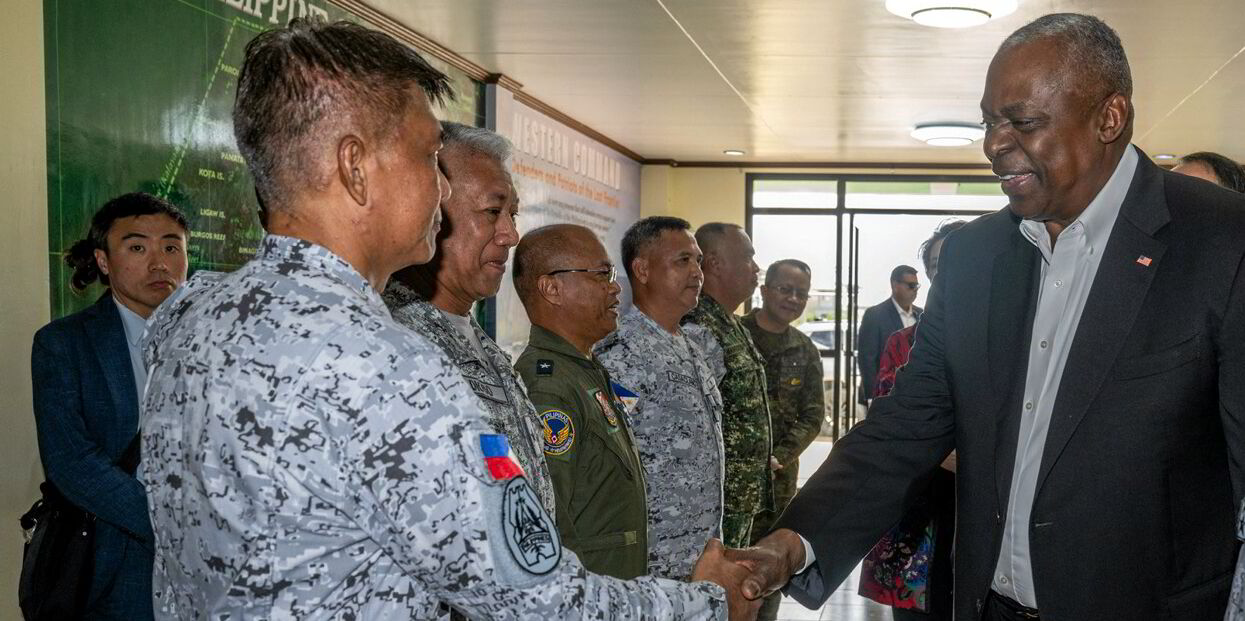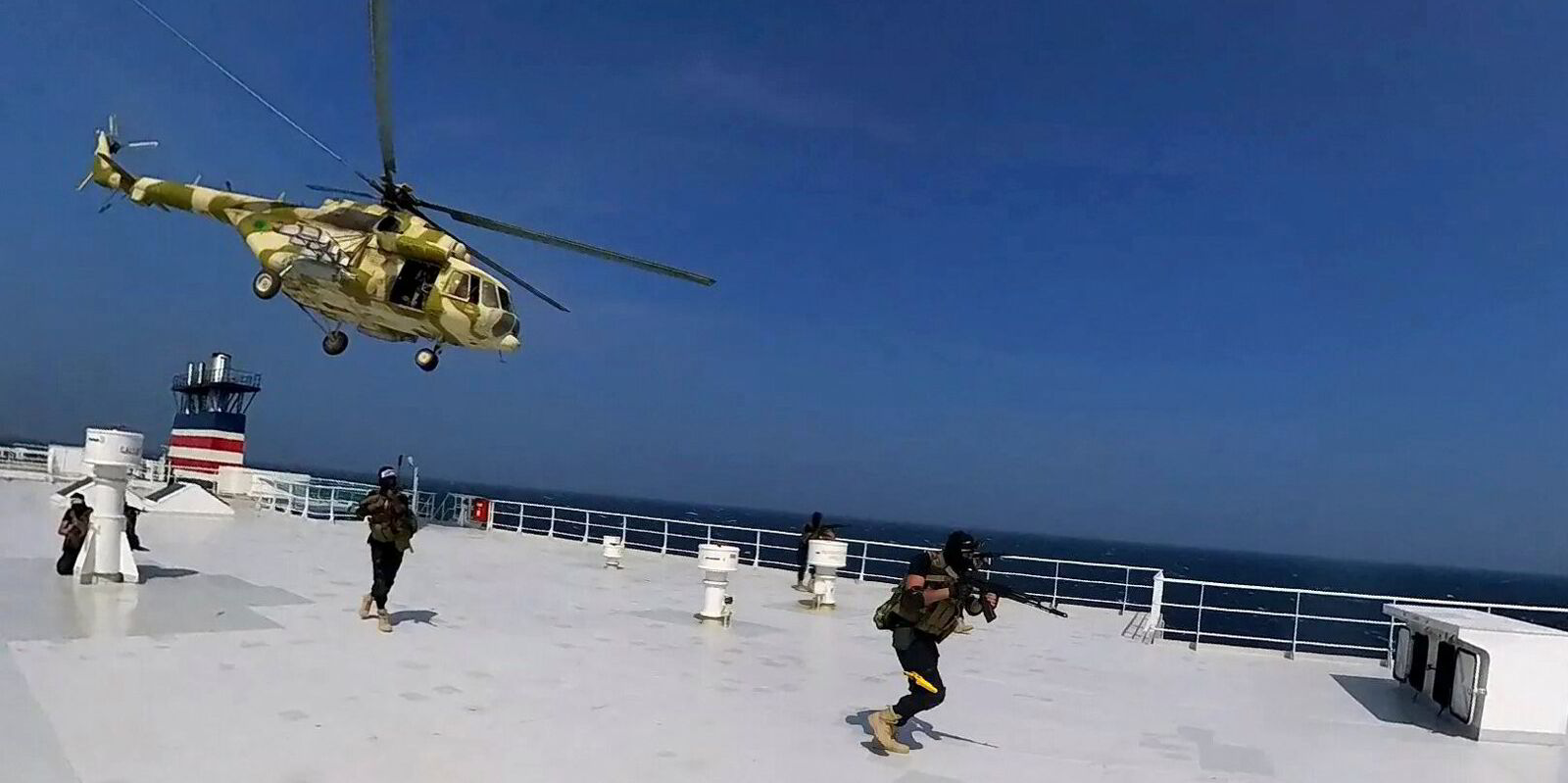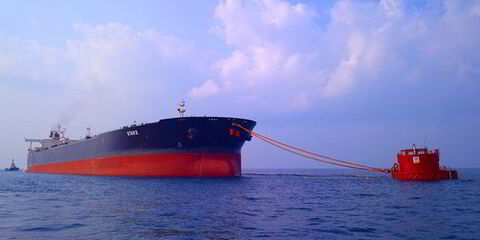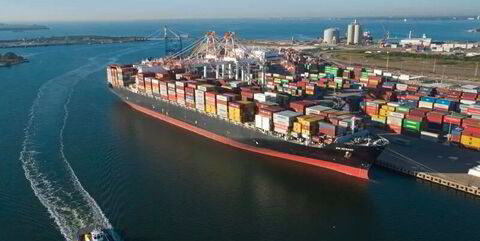America’s top defence official says the Houthis now see themselves as less subordinate to Iran.
Defence secretary Lloyd Austin made the comments a day after the one-year anniversary of the Houthis’ first major attack on shipping.
A reporter asked him whether Iran’s weakened position — presumably a reference to Israeli airstrikes against missile defence targets last month — created an opportunity for US attacks against the Houthis.
Austin responded that in the past, the Yemeni militant group saw itself as subordinate to Tehran.
“Increasingly, we see them looking at themselves as being a partner and not so much subordinate,” he said.
“And they will make their own decisions about things.”
He said the Houthis have been “fairly persistent” after multiple strikes by the US and its allies on targets in Yemen.
But Austin said the US will continue to work to take away their capacity to stage attacks.
“They have to be held accountable for this unlawful and dangerous activity, and they will be,” he said.
Tehran supports a host of Islamic militant groups in the Middle East and Africa, but experts have long said the Houthis are different because of their aim to establish an Islamic caliphate — a goal that could one day run contrary to Iran’s interests.
In a recent conversation with TradeWinds about the business network of Iranian-backed Houthi financial facilitator Sa’id al-Jamal, Middle East Institute non-resident scholar Guled Ahmed said the Houthis are aiming to become a global “khalifah” — the Arabic world for caliphate.
“This is also why they are currently working with Iran, but at the same time, they want to become their own thing,” he said.
And he said the revenue from al-Jamal’s network — which includes sales of Iranian oil to China, ransom from shipping companies willing to pay for safe passage and even a mining operation in Somalia — helps the Houthis move towards that goal.
“Accumulation of capital [gives] them more power, and they will become another Iran, if you don’t stop them,” Ahmed told TradeWinds.(Copyright)





